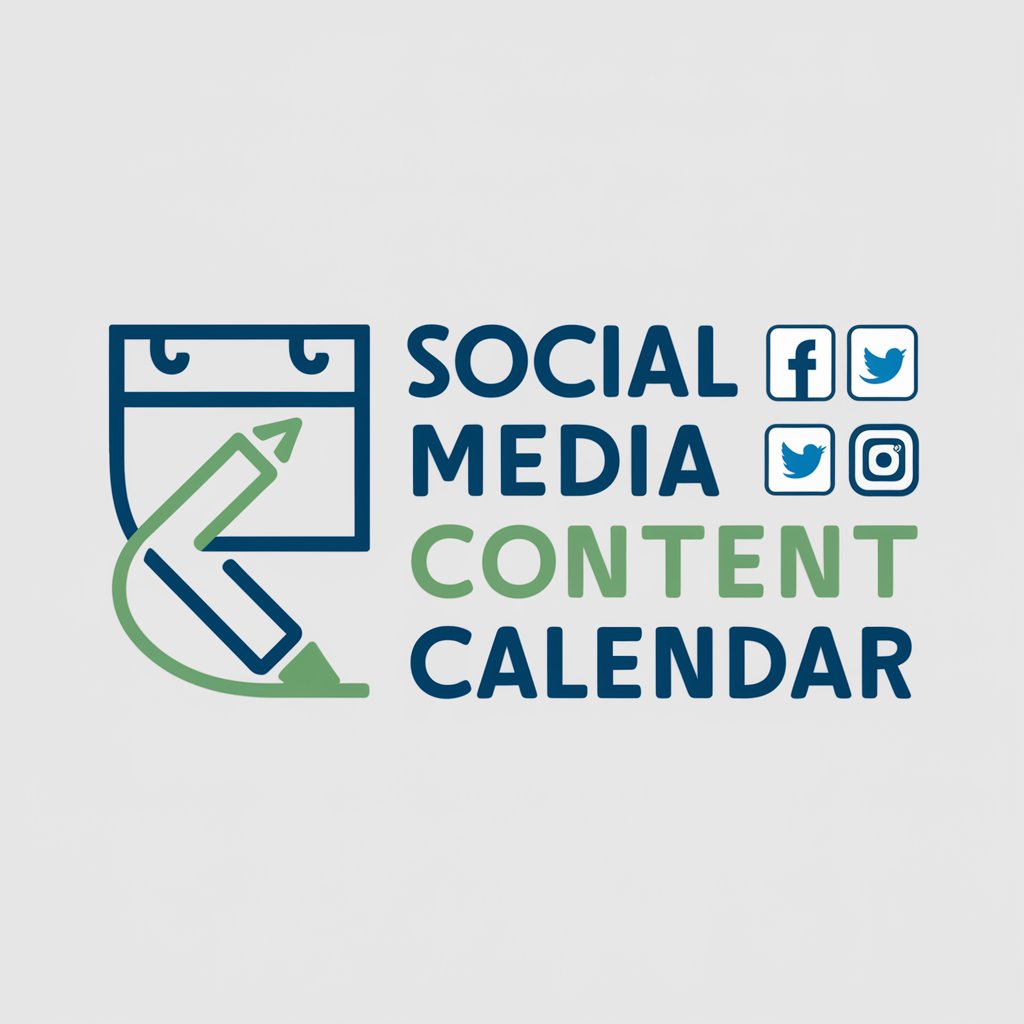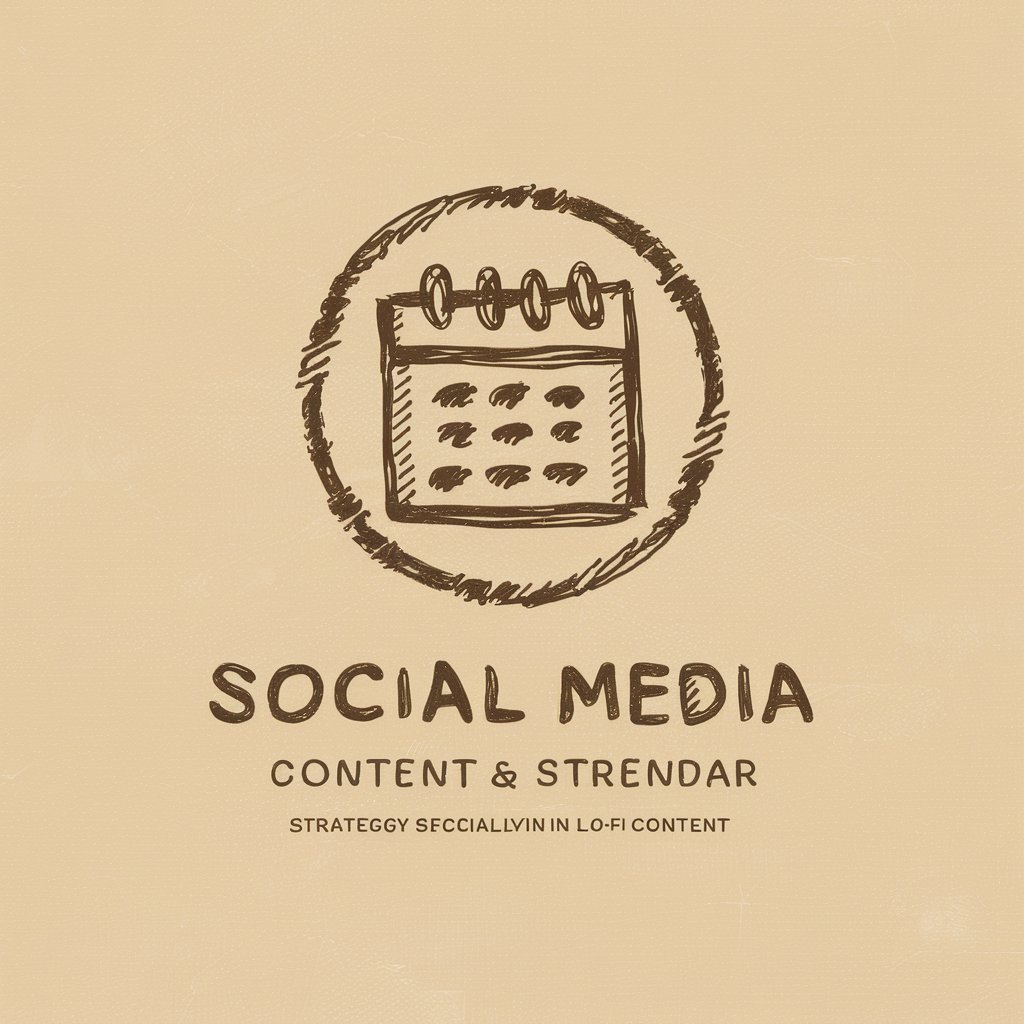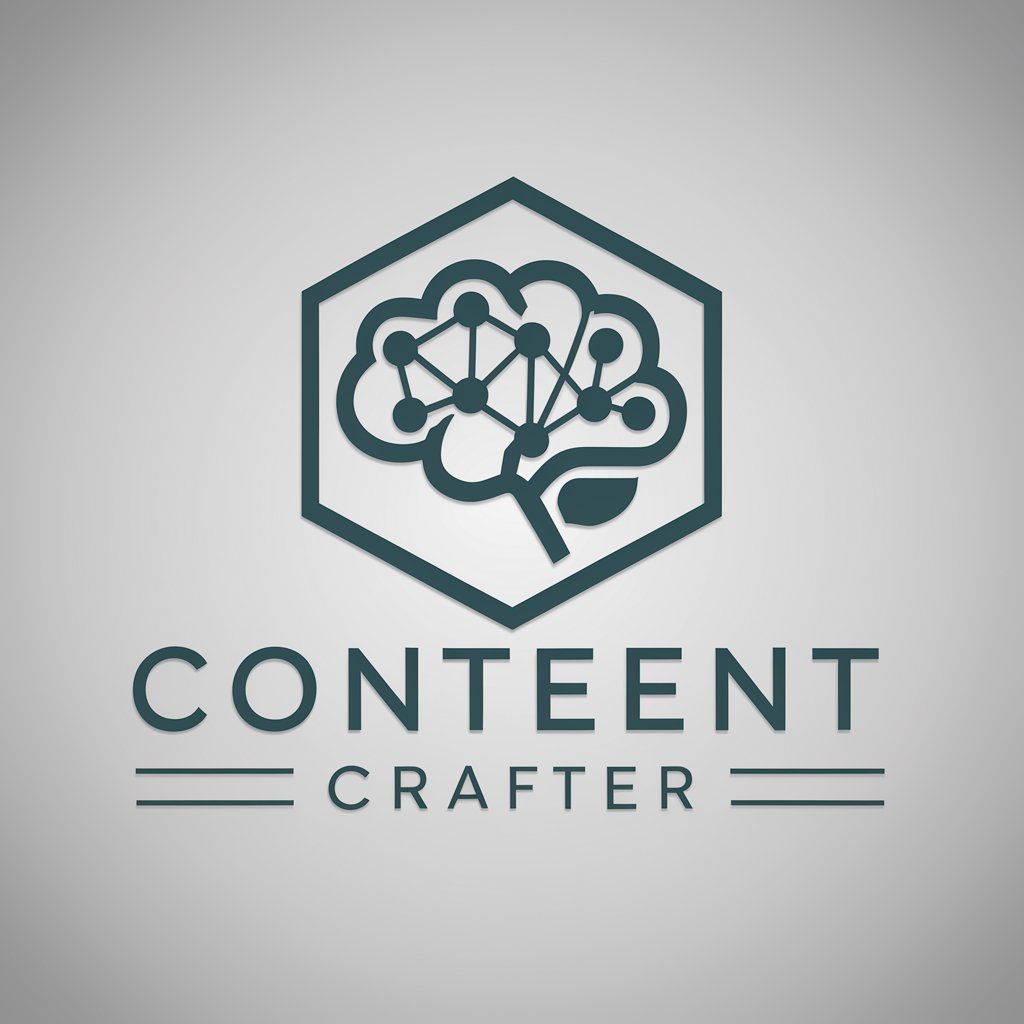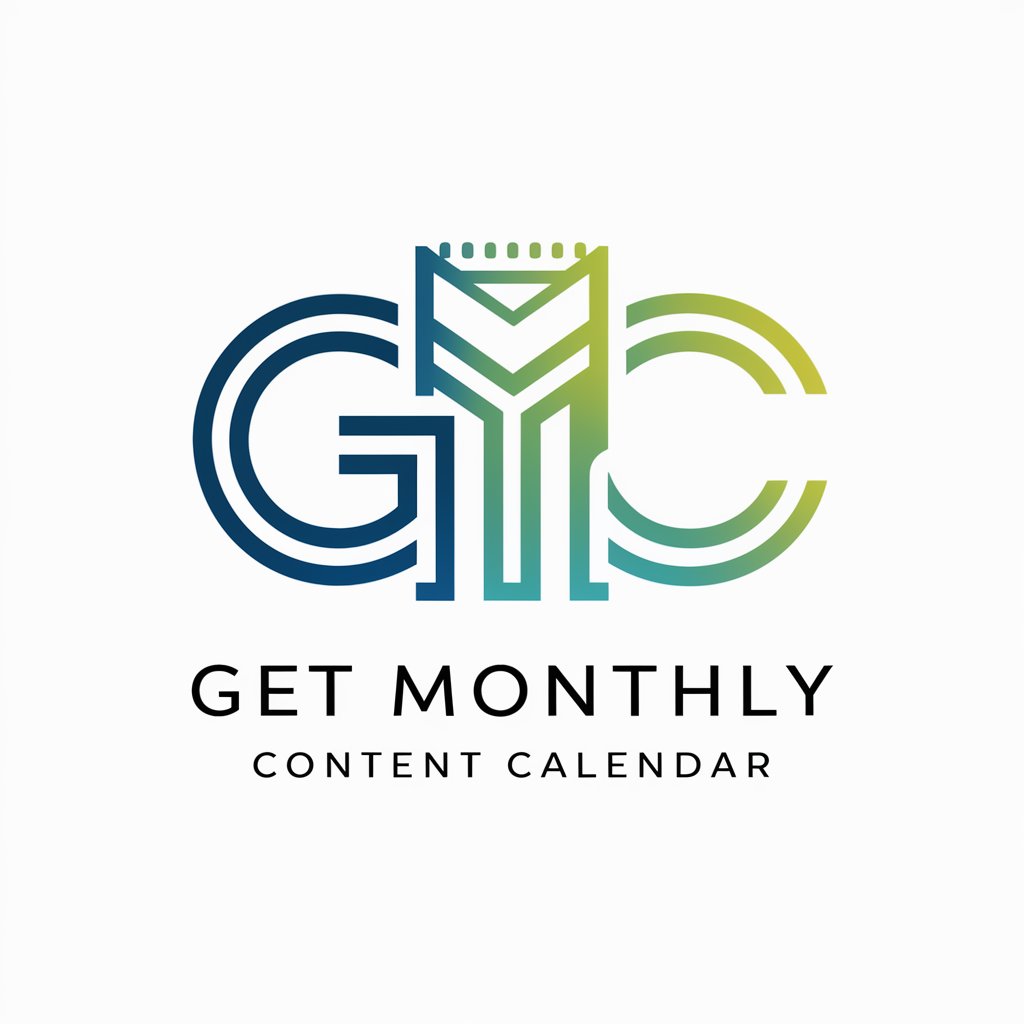
Content calender - Content Planning and Scheduling
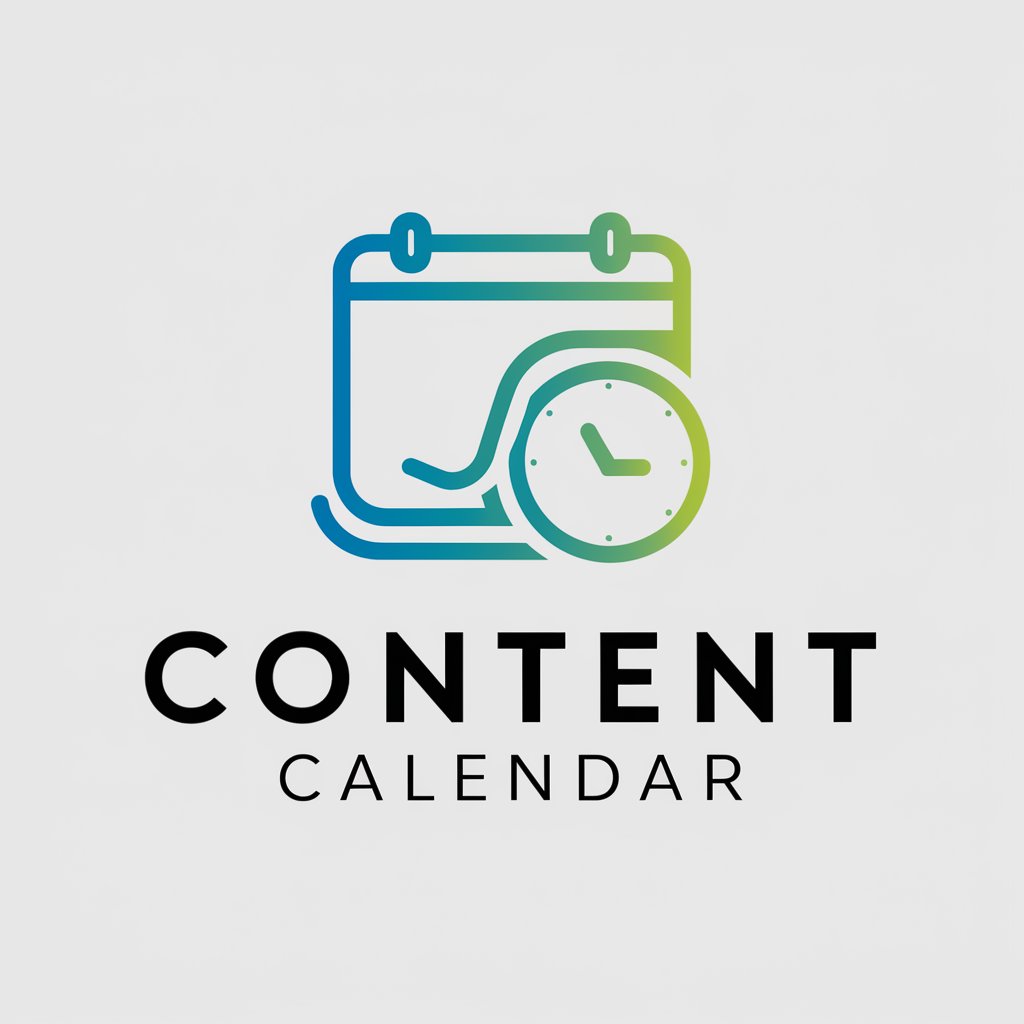
Welcome! Let's build your perfect content calendar together.
Streamline Your Content Strategy with AI
Generate a monthly content calendar for a B2B technology blog targeting small business owners.
Create a weekly social media posting schedule for an eco-friendly lifestyle brand aiming to increase engagement.
Develop a quarterly email marketing campaign plan for a fitness and wellness company focused on lead generation.
Design a daily content strategy for a travel blog, including blog posts, social media updates, and newsletters.
Get Embed Code
Introduction to Content Calendar
Content Calendar is a strategic tool designed to assist in the planning, organizing, and scheduling of content across various media platforms. It aims to streamline the content creation process, ensuring that all content aligns with the overarching marketing strategy and meets the audience's needs at the right time. This tool is crucial for maintaining a consistent online presence, helping users to avoid last-minute rushes and ensuring that each piece of content is thoughtfully prepared and distributed. For example, a digital marketing agency might use a Content Calendar to plan out blog posts, social media updates, and email marketing campaigns weeks in advance, ensuring that each piece of content supports an upcoming product launch or seasonal promotion. Powered by ChatGPT-4o。

Main Functions of Content Calendar
Content Planning and Organization
Example
A Content Calendar allows users to visualize their content strategy over a period, making it easier to identify gaps in content, plan for key events or holidays, and ensure a variety of content types are being used. For instance, a retail brand might plan their Instagram posts to highlight different product categories each week, ensuring a balanced mix of promotional, educational, and user-generated content.
Scenario
Planning a quarter's worth of content for a retail brand's social media channels.
Strategic Alignment with Marketing Goals
Example
By outlining key dates, themes, and content types, a Content Calendar ensures all content contributes towards the business's marketing objectives, whether that's brand awareness, lead generation, or engagement. For example, a software company might align blog posts and webinars with the launch of a new product feature, using the Content Calendar to schedule these pieces at strategic intervals.
Scenario
Aligning content with the launch of a new product feature for a software company.
Efficiency and Collaboration
Example
Content Calendars facilitate collaboration among team members by providing a shared space for content planning and tracking. This helps in delegating tasks, avoiding content overlap, and ensuring deadlines are met. For instance, a content team can assign writing, editing, and publishing tasks within the calendar, making it clear who is responsible for each step of the content creation process.
Scenario
A content team working together to plan, produce, and publish a month's worth of blog posts.
Ideal Users of Content Calendar Services
Digital Marketing Agencies
Agencies managing content for multiple clients across different industries can benefit from using Content Calendars to keep track of each client's content strategy, publishing schedule, and marketing goals. This helps in delivering a consistent and strategic content output that aligns with each client's objectives.
Social Media Managers
Individuals responsible for planning, creating, and publishing content across various social media platforms need a Content Calendar to ensure a consistent online presence. This tool helps them to plan content that resonates with their audience, aligns with marketing campaigns, and adapts to the fast-paced nature of social media trends.
Content Creators and Bloggers
For creators who need to produce a steady stream of content, a Content Calendar helps in organizing ideas, planning content production, and scheduling posts to ensure regular engagement with their audience. This is crucial for maintaining reader interest and growing a loyal following over time.

How to Use Content Calendar
Start with a Free Trial
Begin by visiting yeschat.ai to access a free trial of the Content Calendar tool, no sign-up or ChatGPT Plus subscription required.
Identify Your Goals
Clearly define your content marketing objectives, such as enhancing brand awareness, generating leads, or increasing engagement.
Select Your Content Types
Choose the types of content you plan to create, such as blog posts, social media updates, email newsletters, or videos.
Plan Your Schedule
Determine the frequency of your posts, key dates, and events to align your content with, using the tool to organize and schedule accordingly.
Optimize and Execute
Use the tool’s analytics to refine your content strategy over time, ensuring optimal engagement and success of your marketing efforts.
Try other advanced and practical GPTs
Content Innovator
Ignite Creativity with AI-Powered Content

Content Maestro
Your AI-powered content strategy partner.
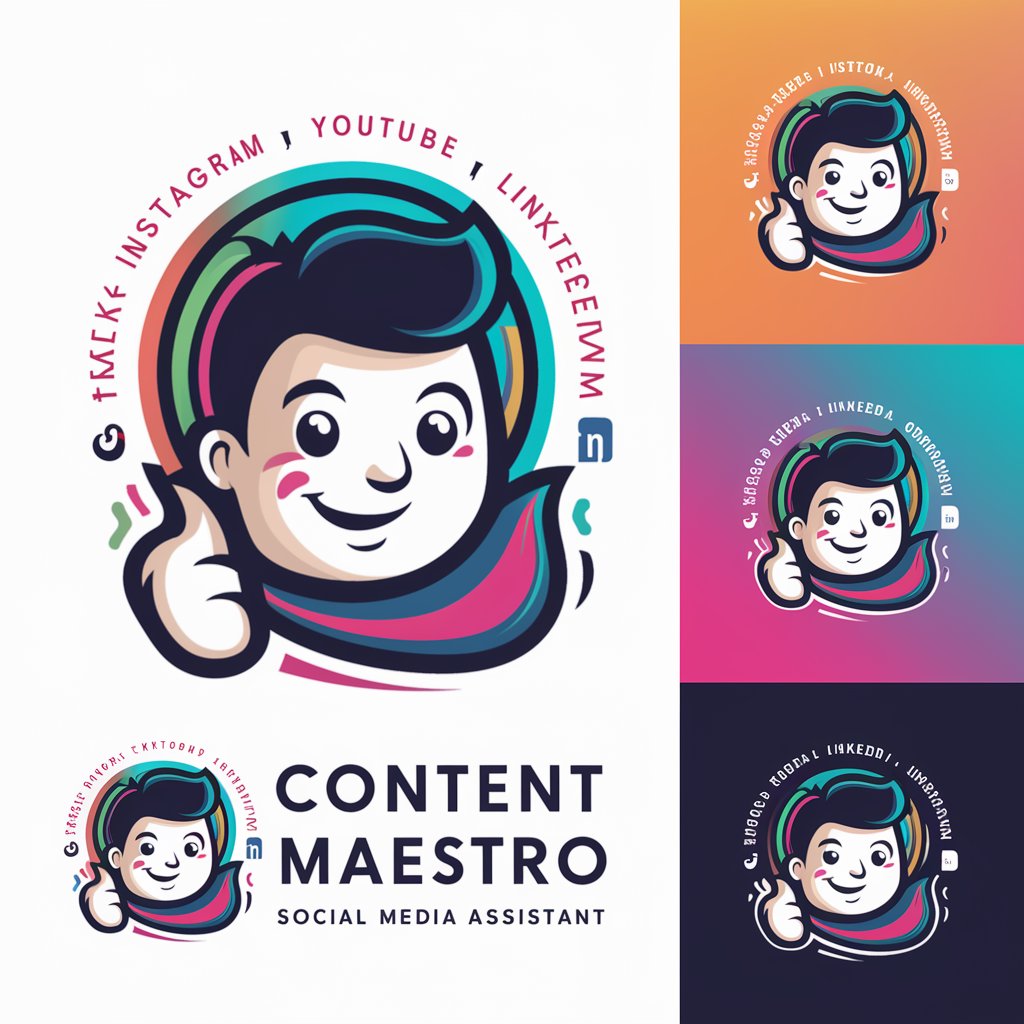
Content Curator
Discover, Learn, Engage: AI-Powered Content Curation
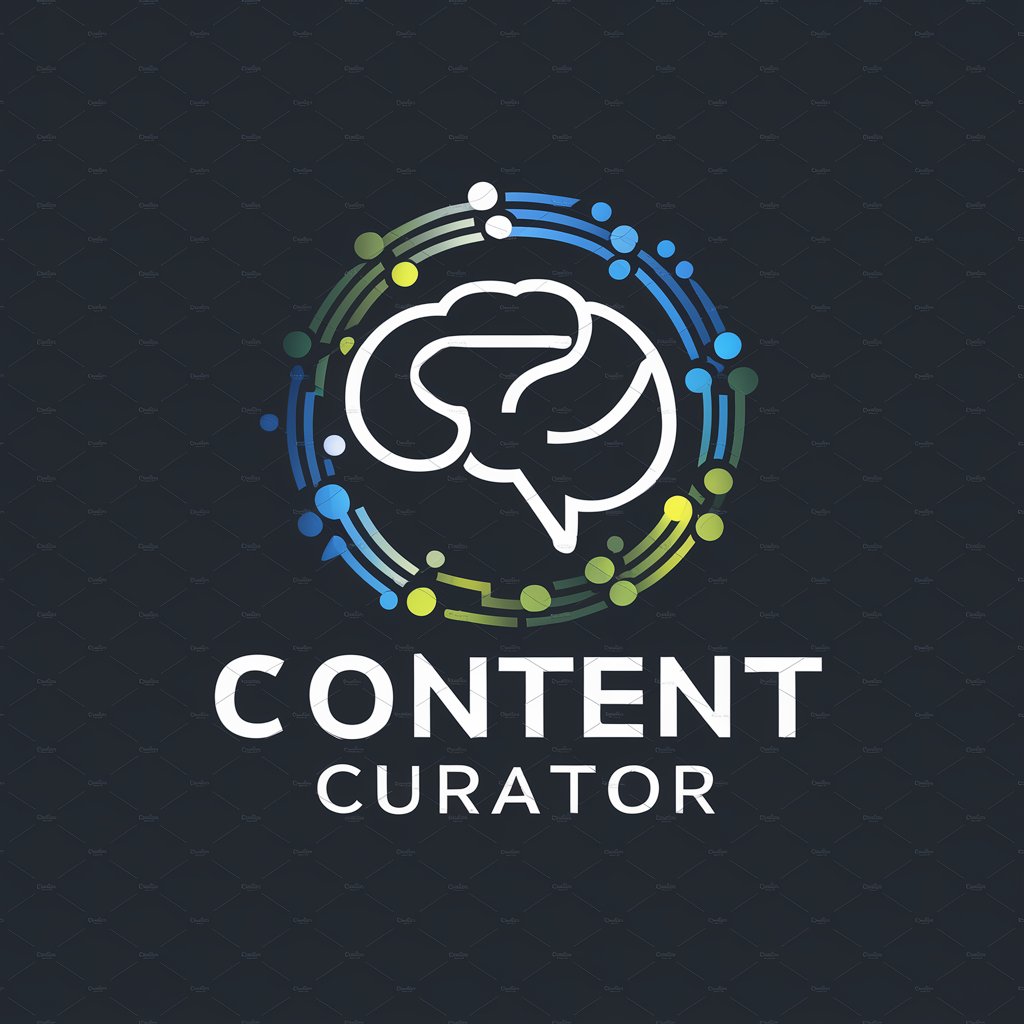
Content Marketer
Empowering brands with AI-driven social media content.

Content Decompressor
Unpack Ideas with AI Precision
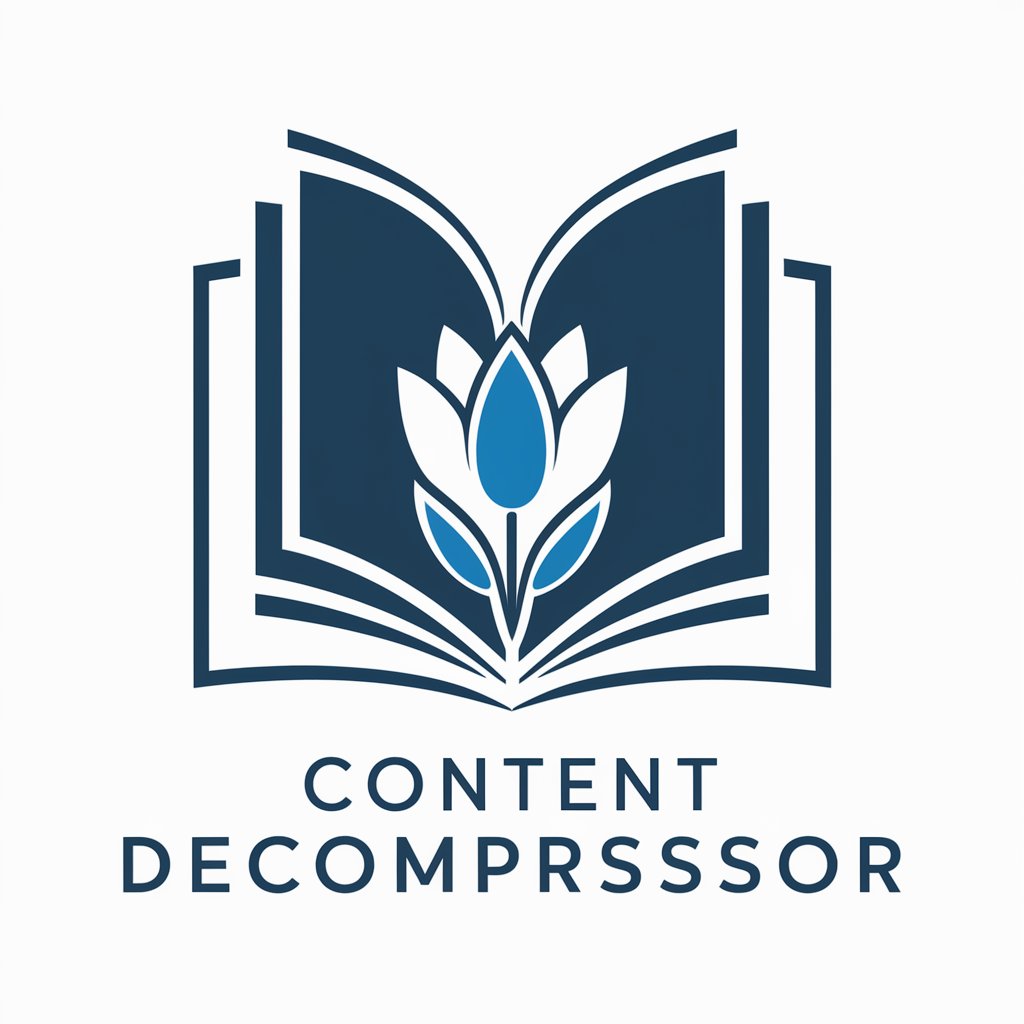
Content Crafter
Empower your writing with AI
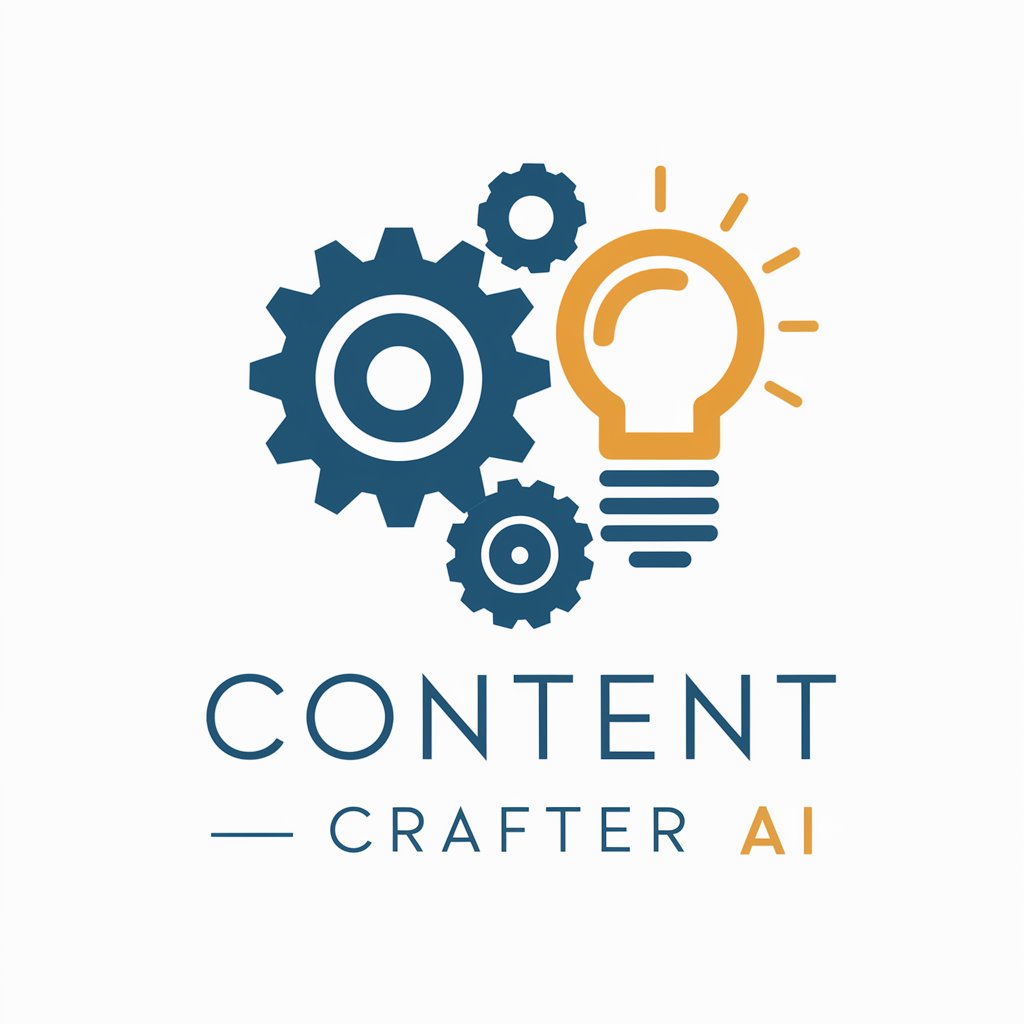
Segmentation Strategies Mentor
Tailor Your Marketing with AI Insights
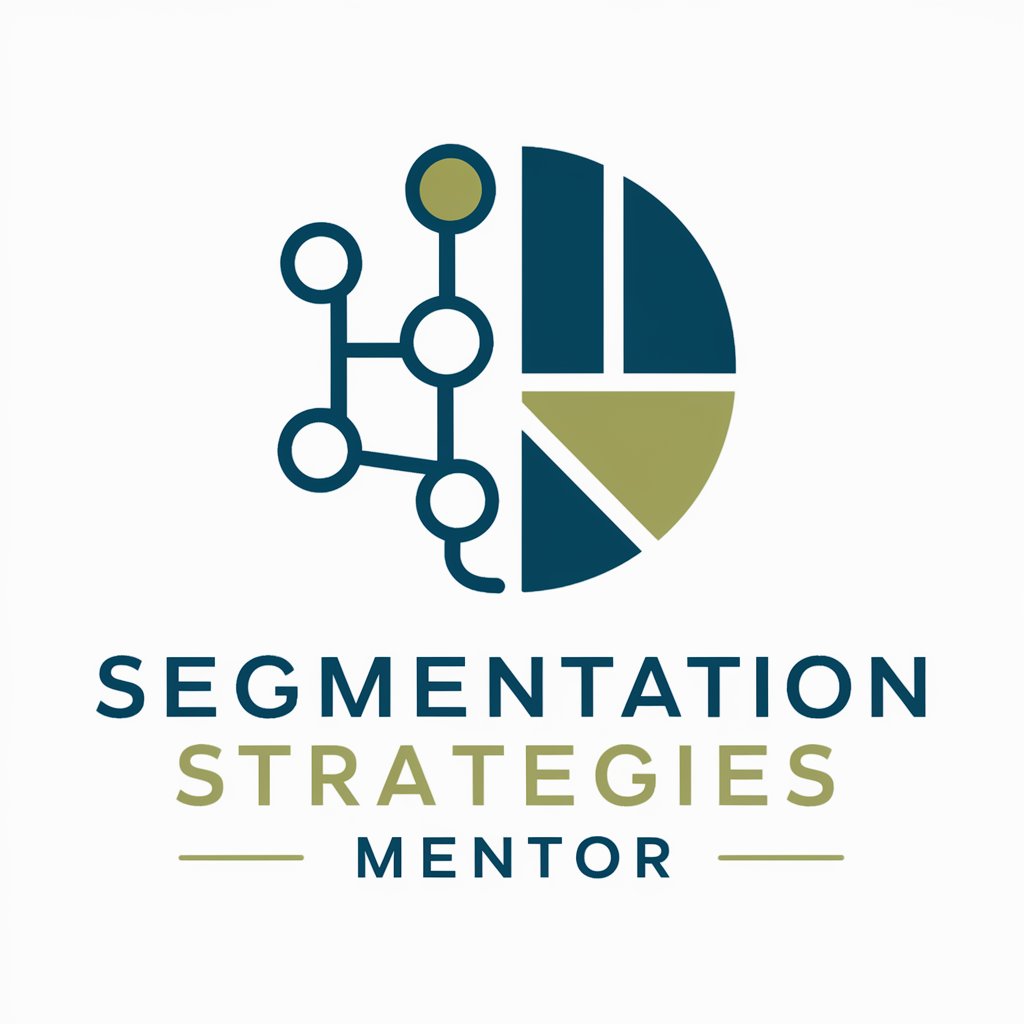
Segmentor Pro
Enhance your email campaigns with AI-driven segmentation.
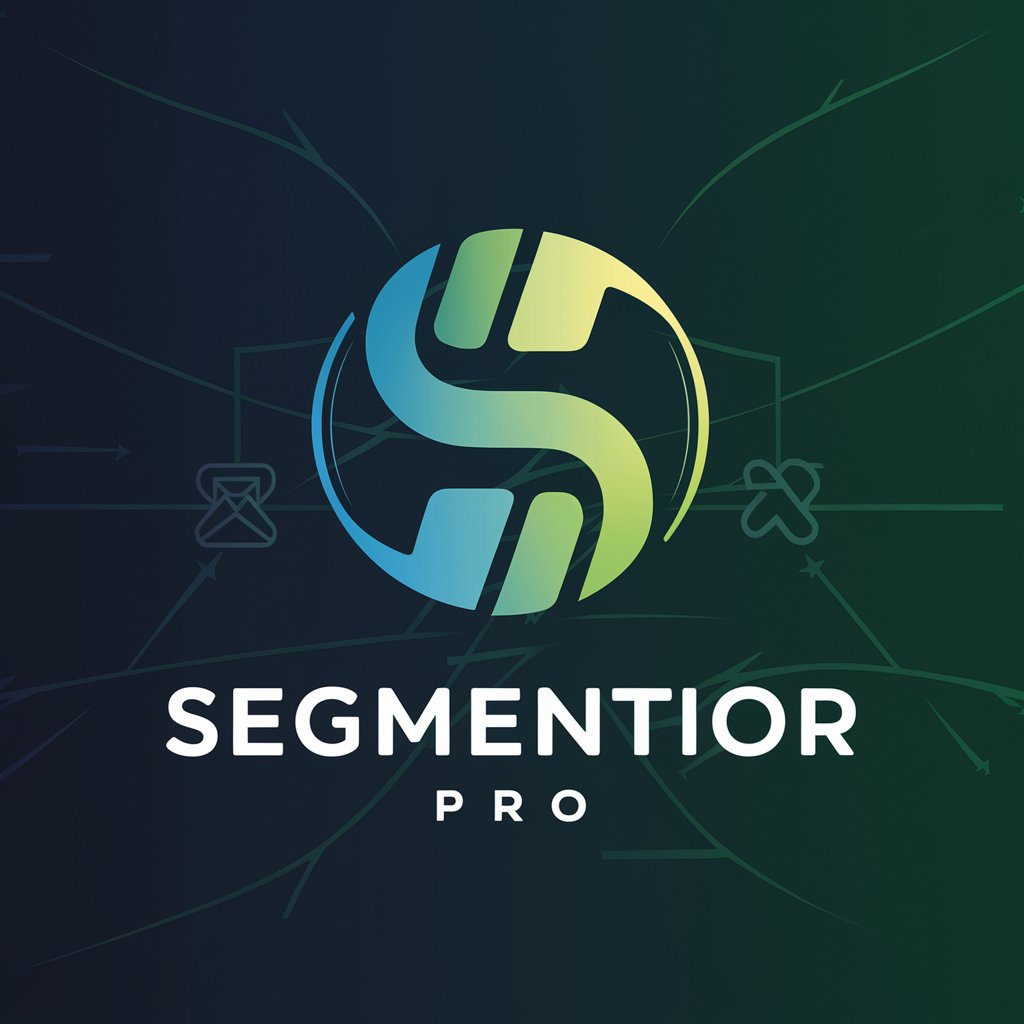
Segment Scripter
Transform text into animated stories with AI.
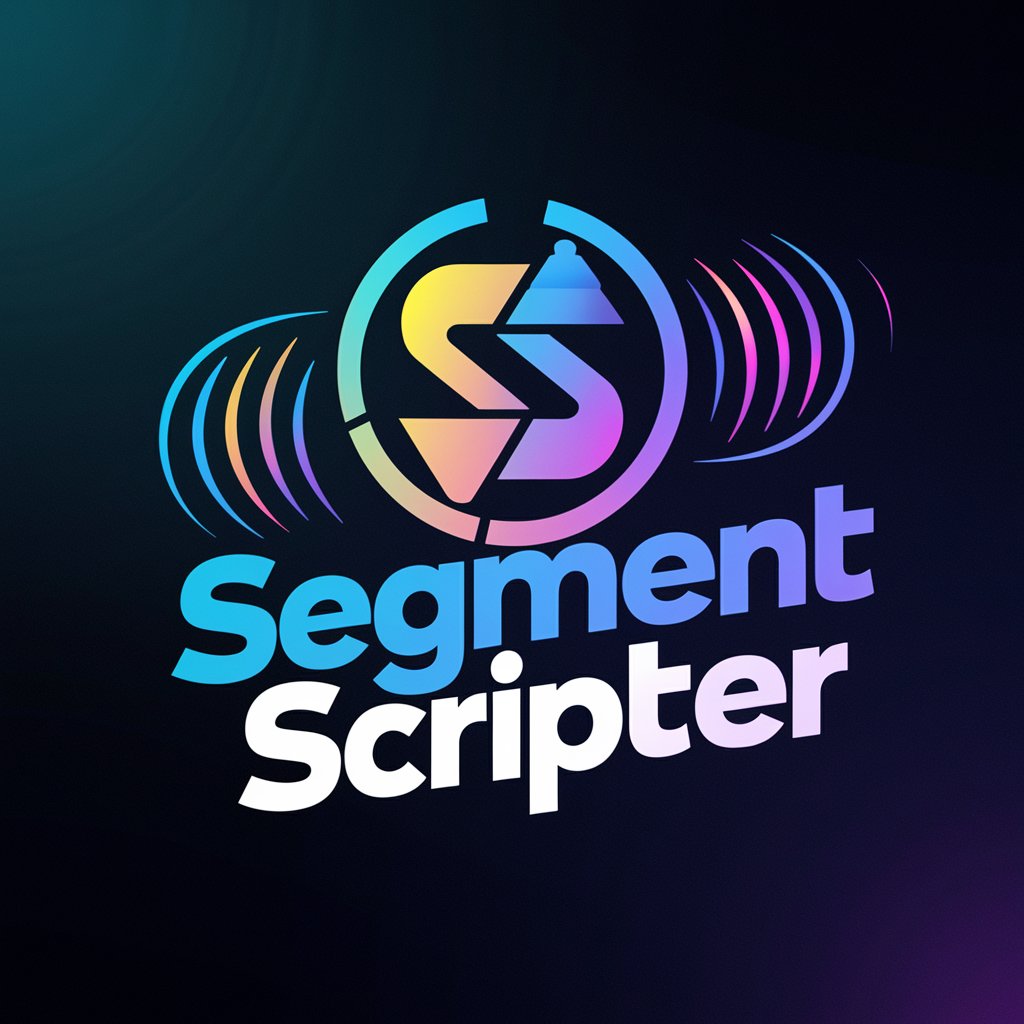
Podcast Segment Savant
Inspiring podcasters with AI-powered creativity
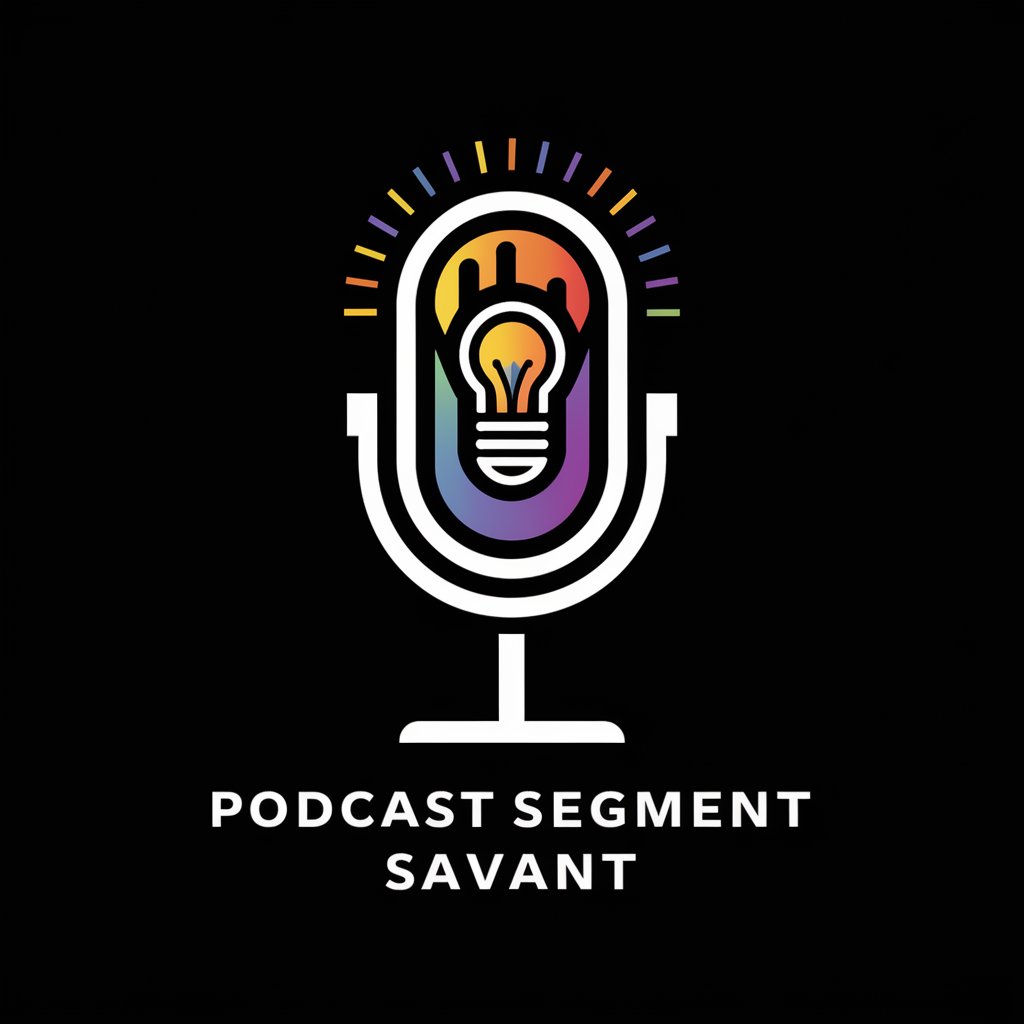
Segment X Helper
Crafting Personalized Sales Strategies with AI
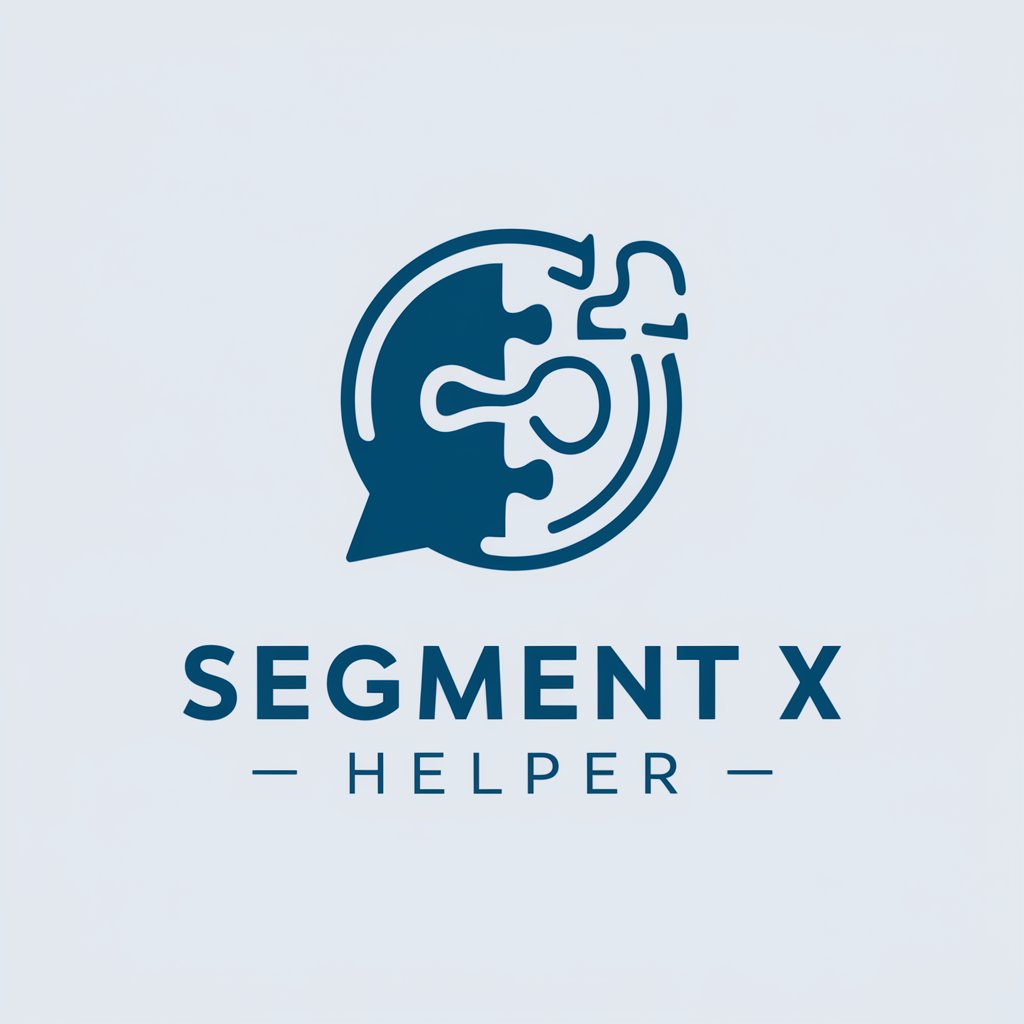
What activities does my target segment do?
Uncover your segment's core activities with AI-powered insights.
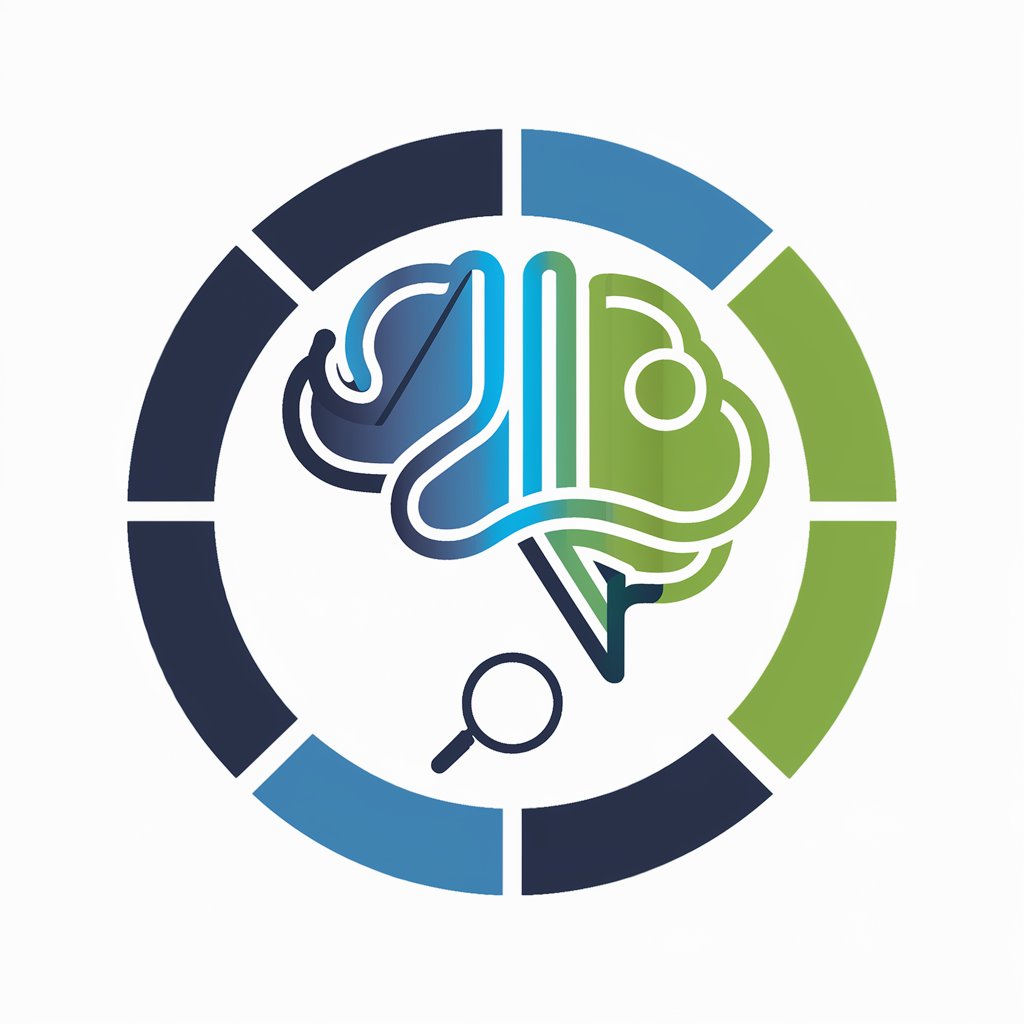
FAQs about Content Calendar
Can Content Calendar help with content ideation?
Yes, the Content Calendar tool can assist in generating content ideas by suggesting topics based on your industry, target audience, and marketing goals.
Is it possible to customize the Content Calendar for different platforms?
Absolutely. You can tailor your content calendar to suit various platforms, adjusting publishing times and content formats for each social media channel, email, or blog.
How does Content Calendar support content consistency?
By allowing you to schedule posts in advance across different platforms, it ensures a steady stream of content, keeping your audience engaged and informed.
Can I track the performance of my content with Content Calendar?
Yes, the tool provides analytics features to monitor content performance, allowing you to adjust your strategy based on engagement metrics and audience feedback.
Is Content Calendar suitable for all business sizes?
Definitely. Whether you're a solo entrepreneur or part of a large corporation, Content Calendar can scale to meet your content planning and scheduling needs.
